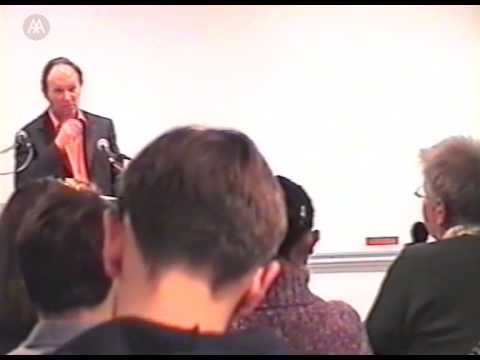
Lecture date: 2002-01-29
Urbanism, like anti-urbanism, takes many different forms depending on time and place. Ian Buruma examines how views about the city in various cultures – including China, Japan, England, and Germany – have affected politics. He tests the thesis that anti-urbanism and authoritarianism go together by looking at factors that might make such a simple thesis more complicated. The English suburb, for example, has been hailed as a symbol of democracy, but it would appear to come closer to rural nostalgia than a robust love of city life. Conversely, Edo, the precursor of Tokyo, was the greatest city in the world and the seat of a highly repressive military government.
Ian Buruma lived and worked in Japan and Hong Kong for many years. He is a frequent contributor to The New York Review of Books and also writes regularly for the New Yorker and the Guardian. His previous books include The Wages of Guilt: Memories of War in Germany and Japan; The Missionary and the Libertine; Anglomania: a European Love Affair; and Bad Elements: Chinese Rebels from Los Angeles to Beijing. NB: Picture occasionally cuts out.
source